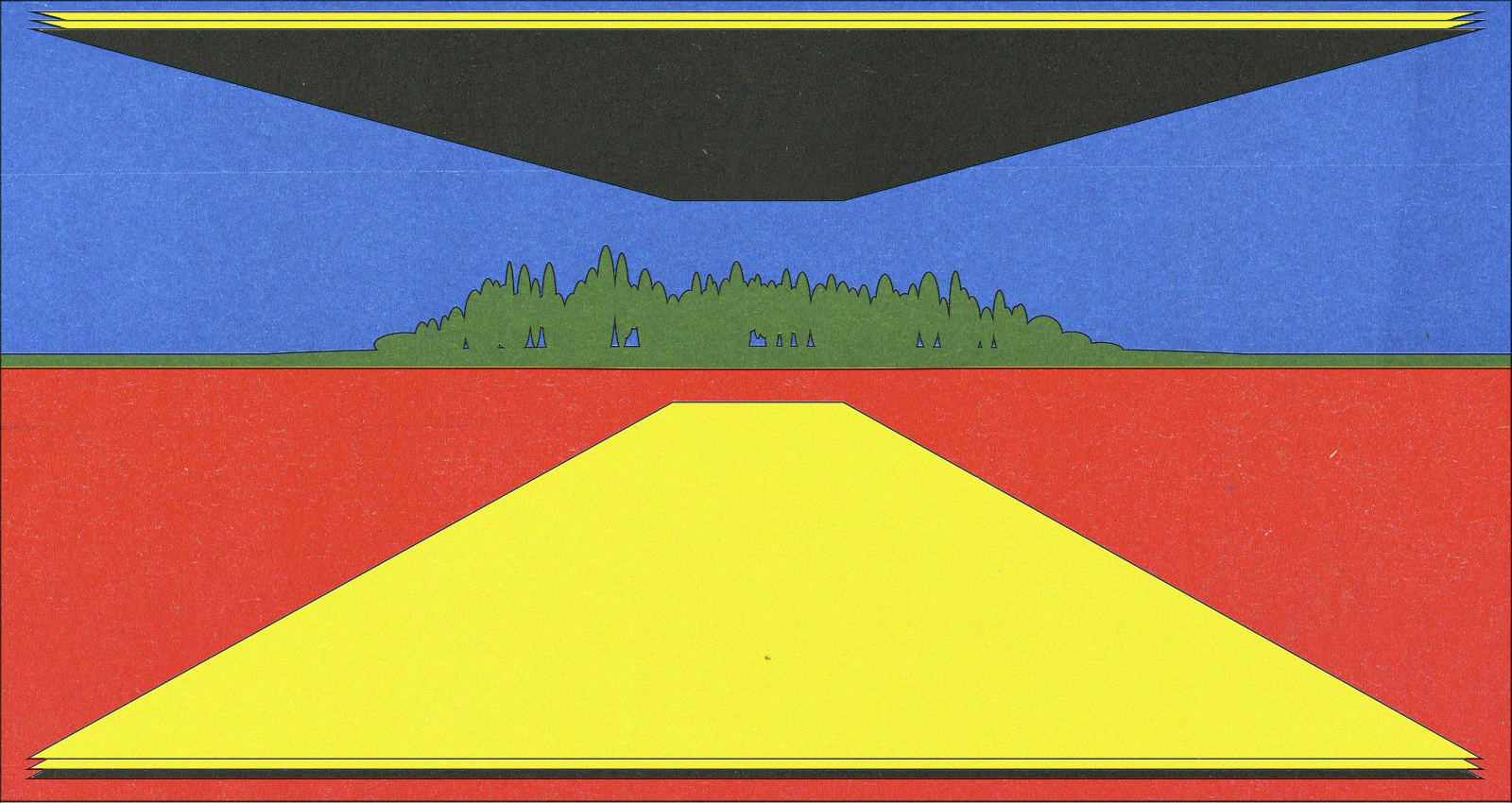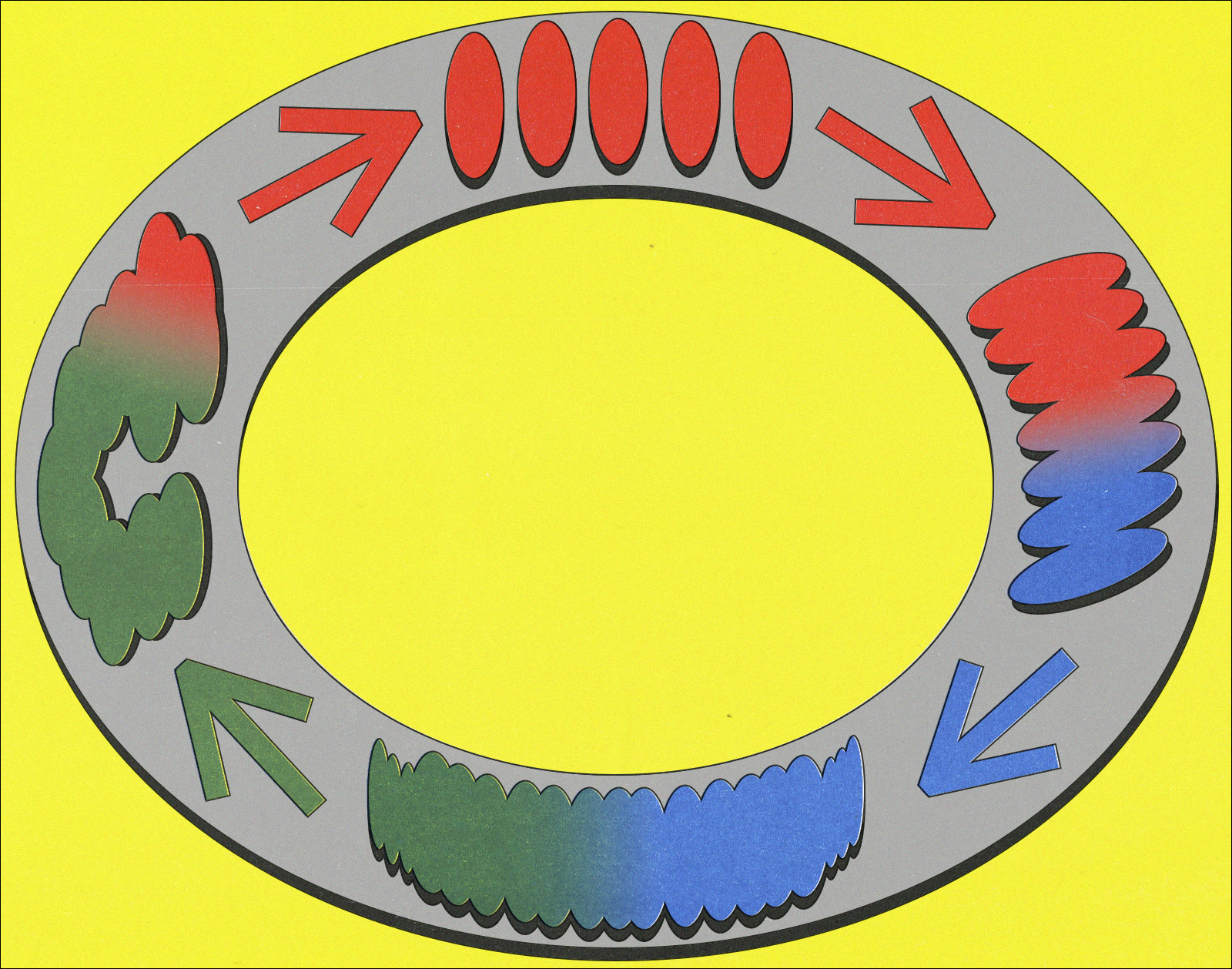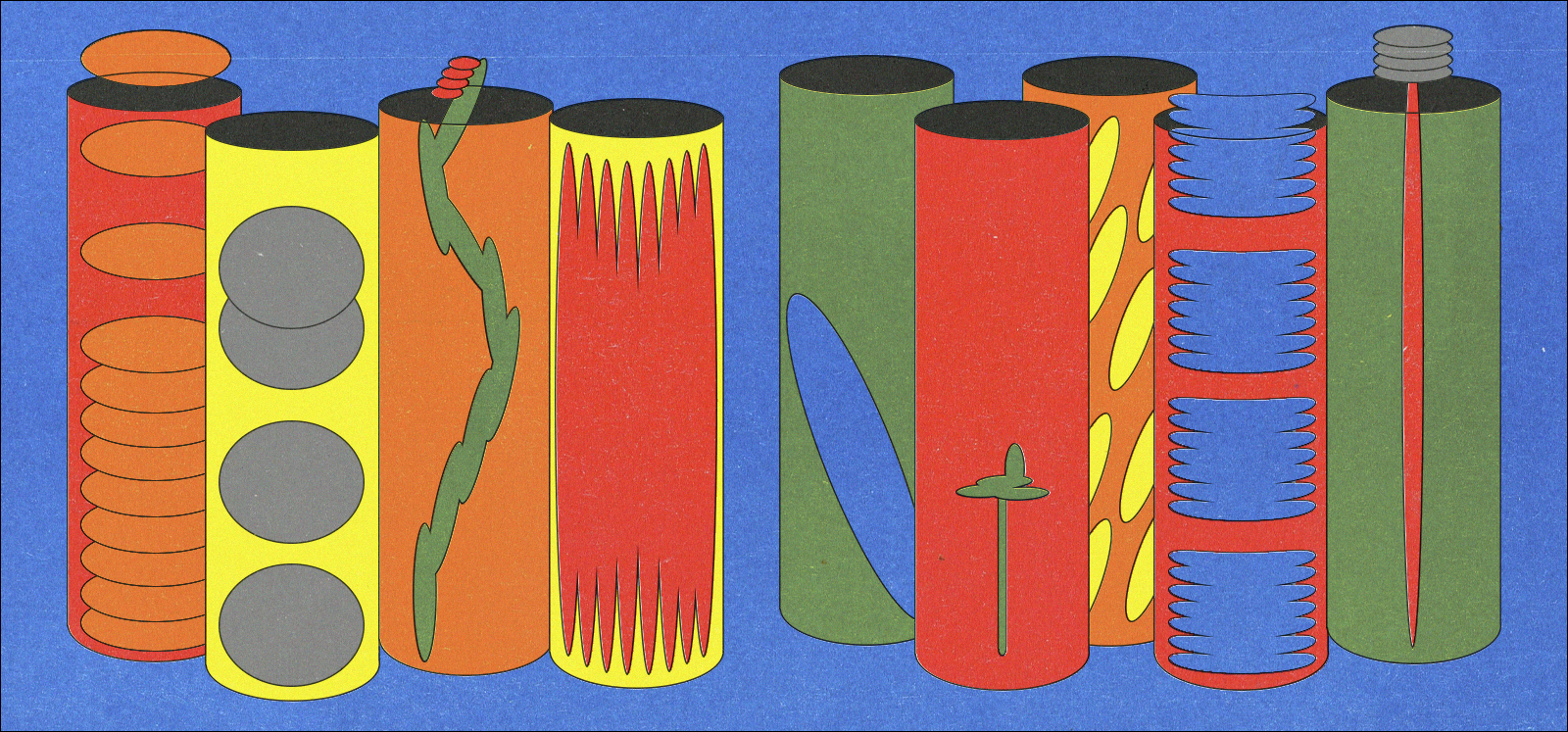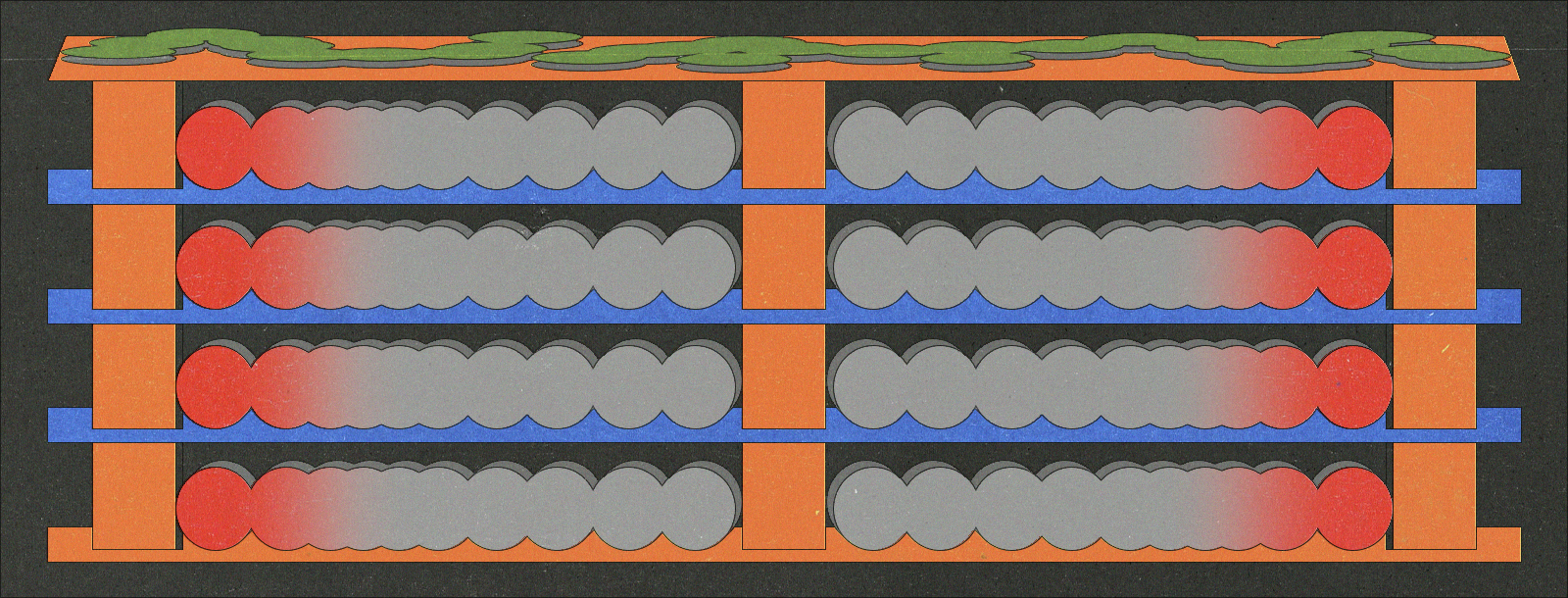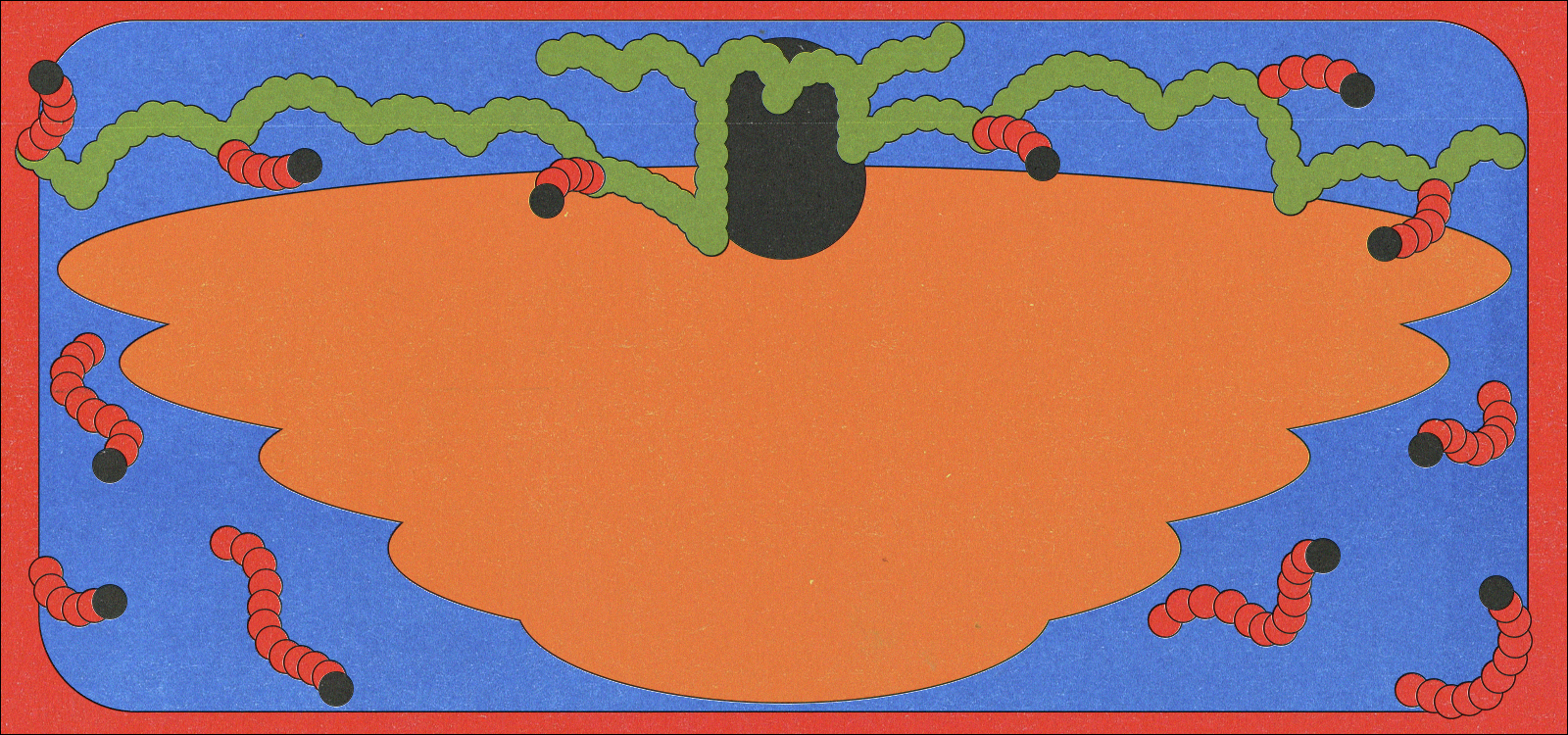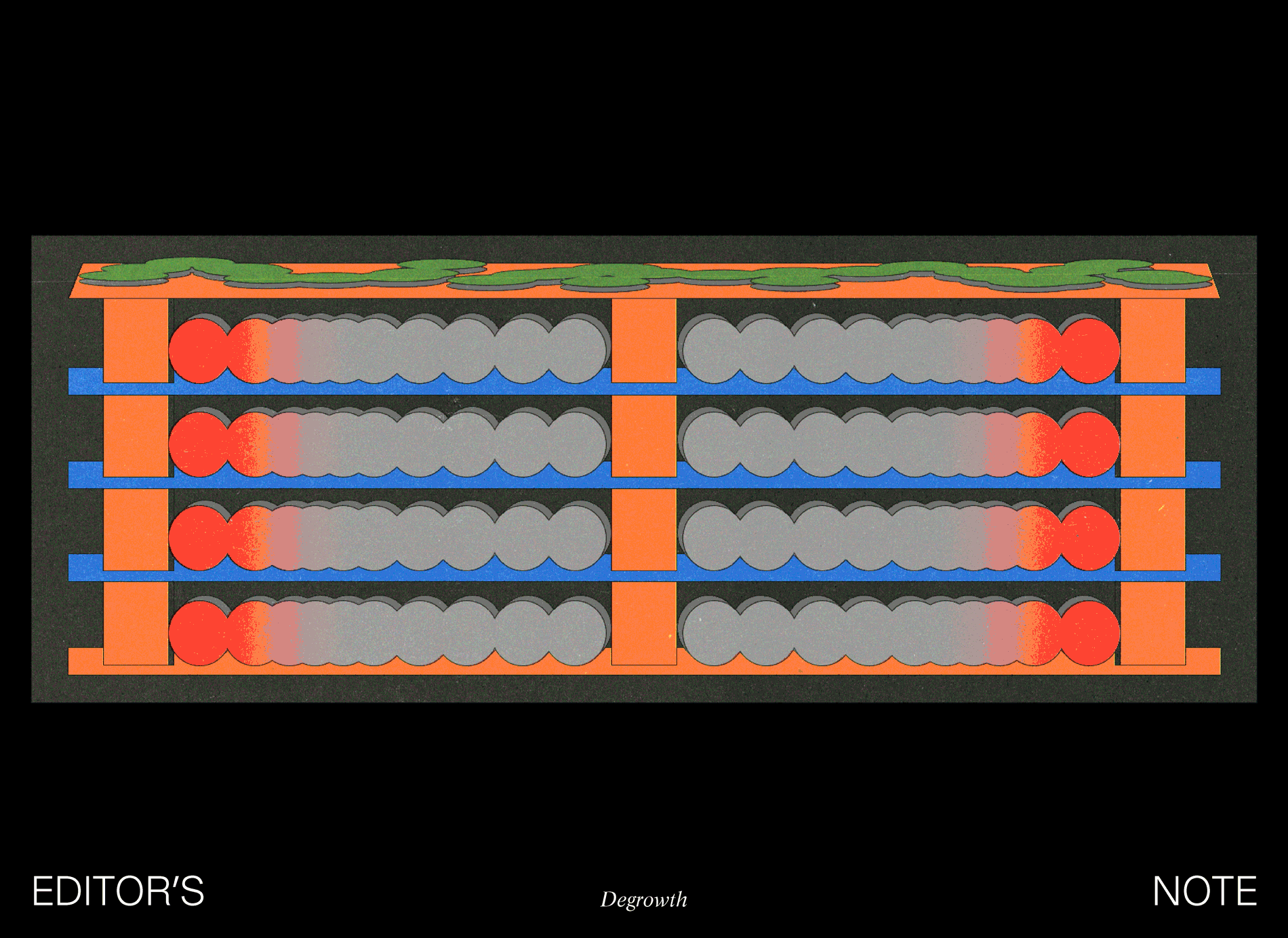MOLD’s series on Degrowth explores how activists, farmers, and scholars have sought to create more resilient communities and food systems in rejection of the drive for infinite economic growth.
Lexie Smith is an independent researcher and bread baker whose practice explores the manifestations of power in food systems and food histories, with bread as a focus of inquiry. Jamie Tyberg is a Korean movement organizer in New York City and a degrowth advocate whose work centers around decolonization. MOLD invited the two to have a conversation outlining the vision of degrowth as it relates to the future of food and agriculture.
Lexie Smith:
You were the first person I ever started seeing use the term degrowth1. I think similarly to you when you first saw it, it really struck me as a word and as a concept, because it was so clear and encapsulated a lot of these ideas that people are thinking about. How did you come to know about degrowth and how do you feel like your role as an activist plays into sharing that information, as both a teacher and someone who engages with the public and a community directly?
- 1. “Unlearning: From Degrowth to Decolonization”, Jamie Tyberg.
Jamie Tyberg:
I have been organizing in New York for five to six years now with some of the most aggressive and strategic organizers in the city, people who are deeply aware of the needs of the average New Yorker and people who are proposing the necessary structural reforms, which are still reforms, but ones that are designed to expose the irrationality of the current system. Through this, I was taught the difference between strategy and tactic, and to always identify our targets in whatever we’re doing. In defining strategy and tactic, you have your goal, which for me is the decolonization of the United States of America. And then your strategy is the path that you take to achieve that goal. Your tactics are your smaller various short-term concrete action items that you take to advance that strategy. So with that in mind, thinking about decolonization and decolonizing this country as a goal, I was thinking about what strategy would be most useful in achieving that goal. For me that was degrowth, something that says that we have to break with what has been sold to us as the universal truth of infinite growth.
Here, I think it’s important to define growth, because growth means so many things, and it’s usually a positive thing. But when I talk about growth, I’m talking about the industries that justified and continue to justify different forms of slavery for the sake of an infinite supply of enslaved free labor. When I talk about growth, I mean the institutions that demanded genocide and settler colonialism, particularly here in the US and Israel, for the sake of infinite land expansion and resource domination, something that is inherently related to food.
They say that the economy must keep growing, that a growing economy is good and healthy. But what does that mean? Like, what does the infinite growth of an economy mean when war is better for the economy than peace, when systemic death and people not having healthcare and having to pay for their medicine is better for the economy than the reproduction of life? I mean, our ecosystems are literally collapsing for the sake of this infinite growth.
So in order to decolonize, we have to degrow these institutions. We have to interfere and stop them from expanding and undo the damage they’ve inflicted. We also have to degrow our habits of infinite consumption and the ideology of infinite growth that’s been ingrained in all aspects of individual and collective life. Ecologically, this means that we would do everything that we can to reduce the impact of our production and consumption on the biosphere. And socially, we would organize ourselves and our society around the principles of care around reciprocity and interdependence. It will be a world where it’s not just that social interest would be placed above the economic interests, but that what defines and measures economic interests would be totally different.
LS:
Yeah. When you lay it all out, it makes so much sense that this shouldn’t be our mode of operating in the world. [Degrowth] is still utilizing human survival and flourishing as a kind of goalpost. But what it’s doing, what separates it from a sort of capitalist way of thinking is that it acknowledges that in order for humans to thrive, ecology, land and all life needs to thrive.
This melding of nature and people, this redefinition of society, it makes me think of oikeios. It’s a Greek word, but Jason Moore kind of termed it as a way of seeing land and those who live on it as reciprocally connected. He talks about how once you give something a name, it is easier to see. You and I had talked about an Octavia Butler quote2 referencing the same thing, where when you give something a name it is easier to understand. It feels like degrowth as a name is both an incredibly clear, literal translation of a concept that should be inherent to us operating in the world. But also a call to action when you kind of break it down, that is really in direct contrast to everything that we have been taught.
You had said something really mind blowing to me in your piece that was so simple, about care. Which is this idea that, to take care is a masculine concept and to caretake is a feminine concept. Again, language is so vital to our understanding of how we operate in this world.
- 2. “Sometimes naming a thing — giving it a name or discovering its name — helps one to begin to understand it. Knowing the name of a thing and knowing what that thing is for gives me even more of a handle on it.” -Octavia E. Butler, Parable of the Sower
The underlying ideas that degrowth is promoting— sufficiency, care and autonomy— are not new.
JT:
Yeah. I love the term, I think it front and center names the target, which is growth, and what we need to do with it, which is the prefix de-. Whether that is removing something, or decreasing the amount of something, I think it better challenges commonly accepted notions. And that’s also just the business that we’re in, which is really counter-propaganda in the age of growth.
The underlying ideas that degrowth is promoting— sufficiency, care and autonomy— are not new. It borrows elements from other sciences and theories and the history in which it was developed, but it is a new word.
I think degrowth, particularly for me, is effective, because it’s really a task for those in the Global North. You already see a lot of the principles of degrowth in practice around the world. What really must be degrown is the influence, and the impact of White supremacy as well as the power that White Western world holds over the rest of the world. It’s almost like the rest of the world is trying to live out a degrown world and the U.S. and the Western apparatus is keeping the world from doing that. So really, when we’re talking about degrowth and what we have to degrow, it’s the people that invented growth. It’s the people and the institutions and the schools of thought that sell this idea that we must keep consuming, that we must keep producing. That we must measure growth by how things are destroyed versus how things are nourished. Like, why does the GDP increase when a river is polluted, because some nearby factory is increasing its quarterly earnings, versus when that river stays clean and provides clean drinking water for its nearby residents?
LS:
Right, it’s this inherent sort of contradiction between capital growth and ecological health. And it calls to mind how important it is to acknowledge the intractable relationship of land to conversations around the economy and to conversations around capital. Land is valuable. Land is an asset. So, when we peel one layer back from any sort of colonialist pursuit, including those that are continuing to this day, occupied Palestine comes to mind, agriculture and the labor of the local population is right there. Land, generally, has become an asset of the Western White man to attain and then profit off of, and the lack of consideration that is given to the well-being of the local population and terrain is kind of taken for granted as we understand colonialism. But what’s not considered is the fact that this system of nations and ideas, economy versus land, are all interdependent and interconnected.
So when we think about something like degrowth-the word denotes loss, you know, de-, losing, things going down, things going away, people losing their comforts and their conveniences. But the conclusion is similar to the way that we don’t consider the externalities of our industrial operations throughout the world.
It makes me think of the Green Revolution, which might be a perfect example of the necessity of degrowth. The Green Revolution was a period in the 60s, when a plant pathologist named Norman Borlaug developed this hybrid wheat in Mexico, funded by the Rockefellers, who had ties to the White House. He worked with the Mexican government to create a program that would lift Mexico out of poverty. So Norman Borlaug went to Mexico and developed this hybrid wheat. In his breeding, he went against all of the advice of wheat breeders up until that point, which was you have to develop grain, you have to develop crops, for a specific place. This is relevant, because what he said was, ‘No, I’m going to develop a grain that can be used anywhere at all times. It just has to have the help of these really expensive and toxic chemical fertilizers and tons of irrigation, but those things can be bought. But here’s a one size fits all solution which allows for infinite growth, because everyone can have it.’
At first, it worked. He got what he wanted, he got a really high producing grain, it could grow anywhere. They ship this grain all over the world, but mainly to India, where there was an incredible drought going on and horrible hunger. They replaced an age-old system of subsistence farming using local landrace grains, which had naturally hybridized in that region for generations and generations.
Borlaug went over there, and over the course of a year or two, replaced the wheat crop in India. It made tons of food, they had more grain than they knew what to do with. They didn’t even have enough bags to hold it all. So what happened was only a few farmers in the countryside were able to afford the technology that was necessary to grow this grain. They were growing so much grain that many farmers lost their jobs, because you just didn’t need that many farmers. These farmers lost their self-identity as people who worked the land. They lost their relationship to the land. They lost their literal seeds. They lost their form of income and they moved to urban centers, where many live in slums. As for the farmland, it’s been corrupted through chemical use and over-irrigation. But there was immense growth because there was money that was coming into the US from this, and more importantly, these farmers were now dependent on this grain. Also, by the way, there was a huge amount of farmer suicide, which happens still. Farmers were literally drinking the fertilizers that they were indebted to the US for because this grain stopped producing, it is not resilient. It had only a couple years of good harvests.
But anyway, externalities as a concept, is I think, a really excellent example of the value and necessity of degrowth. And when you look at externalities they are often coming from an imperial power that is really considering human beings only for their labor value, or only for their purchasing power. You know, associating humans with their relationship to capital growth and not considering the fact that an extractive way of living is really short-sighted. There’s kind of an irony to it, because degrowth will happen inevitably, if people continue to act towards infinite growth. This idea that I think can be taught through the pedagogy of degrowth is that a reciprocal relationship between human beings and land is actually one that is not only compassionate, but the only option. Or a potential harmony to be struck, even though I think that that is kind of a utopian idea. But not just harmony, but like, life at all. You know, we are at the brink of immense, immense catastrophe.
This idea that I think can be taught through the pedagogy of degrowth is that a reciprocal relationship between human beings and land is actually one that is not only compassionate, but the only option.
JT:
Yeah, your example of the farmer suicides is such a heartbreaking example that GDP growth really does not mean happiness in any way.
LS:
It’s important to think of people not solely as citizens and consumers, but as individuals and as members of our own communities. Have you seen actions, or movements recently in your community, or the communities around you that are good examples of ways to enact the tenets of degrowth and use it as methodology rather than an idea?
JT:
That’s always the hardest question because the task is overwhelming. And at the same time, our society and our culture is designed for us to not do the work that we need to do. I think, first and foremost, the most important thing one can do is join an organization. Because one you’re not alone, and two, that is your community, that is your people. This is going to be your base, and when a crisis hits, you know who to do what with. An organization is somewhere where that application of theory can take place and you learn from the results. So whether that’s the crew at your local farm, or an organization that you’ve joined as a member, like your tenants association, you are accountable to those people, and moving towards a goal together.
I also think there are people who organize out of interest, out of wanting to build a better world and wanting to apply theory. Then, there’s people who organize, because they need to. Because their life depends on it. Because maybe the air they breathe is toxic and polluted from the power plants behind their backyard. So for the former group, I think it’s important that your work is being informed by the latter group. The people who are genuinely and literally on the frontlines should be the ones that, one, are going to have the best solutions, because they are closest to the problem. And two, they also need your support.
LS:
Right, I don’t think activists have to be political. People who grow up next to toxic water sources and end up devoting their lives to demanding justice in those spaces are not all sort of born with this activist bone in their body. But it is a choice for so many people. And often those are the ones with the resources, namely time. And, sort of in a secondary sense, platform to educate on and us to provide support for people who don’t have the choice. I use those words specifically, because I think that there is a difference between promoting and educating. I don’t think everyone has to be an educator, but I do think that it is incumbent upon every individual to at least educate themselves. One of the things that I like about the concept of degrowth in the way that you’ve talked about it, is that it’s a pathway.
JT:
Going back to the Green Revolution, you and I have talked in the past about defining revolution and questioned whether it really can be defined simply as one class overthrowing another. In this case, this commodification was the process under which agriculture ceased to become a source of food and culture for humanity and turned into only a producer of raw material, or capitalized industry.
LS:
Yeah, agriculture is an economic policy.
JT:
Right. And it’s becoming increasingly distanced from the needs of the people, the farmers, and the local residents. This exodus into urban areas is also going to be a daunting challenge for degrowth, because the majority of the human population is in urban areas, is in cities, is in coasts. And as a result are so separated from where their food comes from.
LS:
Yeah. I was thinking earlier about the Landless Movement in Brazil. And what a great example it is of the immediate tie between land and a basic fight for sovereignty, because it’s not in the name. You know, food, agriculture these words are not in the name. ‘Landless’- it’s actually the absence of something that defines the movement. And what this group of people has been doing and continues to try and do, is fight to live on unproductive land, as in land that is not being used and is often owned by corporations or the state. And to live on that land and to work on that land, and to survive without reliance on the state, which was not taking care of them.
I struggle with the understanding that for a long time, we are still going to have to think about decolonizing our food system through consumerism. We’re still going to have to work to educate the public about how they can buy better, and that’s frustrating. But one of the things that focusing on something like degrowth, as opposed to just thinking about decolonization, reminds me is that it is a process. And restoration can look a lot like reform, as in it happens in steps and it happens over time. And I think the difference is, how far are we willing to push the goal.
JT:
Yeah.
LS:
You know, is the goal utopia? In your piece you quoted Parrique saying “Degrowth is a utopian project.” I don’t know how I feel about utopia. I don’t know, if it’s the opposite of dystopia, utopia might just be living a just life, where you have access to the things that you need. You’ve written about autonomy as well, saying it requires a sort of exchange, a balancing which inherently requires giving things up. So is there sacrifice in utopia?
JT:
Yeah. I think I write that autonomy is different from independence. It’s the ability to govern yourself. And if dystopia is like a world full of fear, then utopia is one where fear is absent. And I feel like that is an autonomous trait, to be able to live without fear and to be able to govern oneself and even criticize oneself when a mistake is made, and to correct that moving forward.
LS:
Yeah, it’s similar to the true definition of anarchism, like, we take care of ourselves by taking care of each other.
JT:
Which really isn’t a radical idea. I mean, not to simplify, but that’s really also what the Red Deal3 is, bringing us back to a world in which there is autonomy, and there is sufficiency, and there is care.
Maybe this is just from constantly being around organizers and learning to accept the small victories as they come as an organizer, but for me, really, the victory is in the process itself. If we never ever, ever get to a degrowth world, but we have in the process raised the consciousness of ourselves and of others, and also improved the material conditions of as many people as we could have, then that’s a win. That in itself is degrowth in practice. Whether we reach a utopia or not, as long as we believe in it, and keep doing it, not because we think we can win, but because it’s the right thing to do and what we must do; the more people we get to think that way, and start living their lives and committing it to collective well being and responsibility, that’s degrowth.
- 3. The Red Deal, The Red Nation.
LS:
I would say the paramount excuse for not participating in creating a better world is the feeling that there’s no way that we can ever get there. But yeah, without being a moralist, it’s the right thing to do. And I want to live in a beautiful world.
